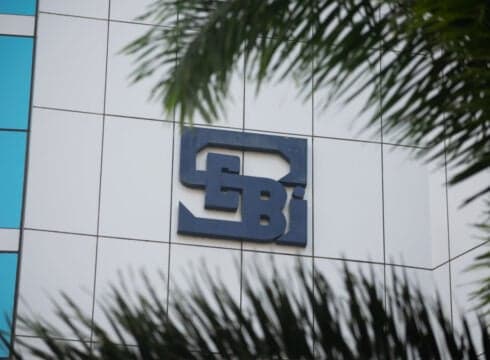The market regulator has asked for details on four aspects of the resolution process from the funds and fund managers
The AIFs have been asked to submit the details to the market regulator by October 13
Over the last few months, the market regulator has turned its attention to AIFs and fund managers, asking for more information to check compliance
Inc42 Daily Brief
Stay Ahead With Daily News & Analysis on India’s Tech & Startup Economy
India’s Securities and Exchange Board (SEBI) has asked several alternative investment funds (AIFs) for details on the dispute resolution mechanisms.
The market regulator has asked for details on four aspects of the resolution process from the funds and fund managers, per an ET report.
First, SEBI has asked the investment funds and VCs whether they have mentioned the resolution framework in the private placement memorandum (PPM), which is a key document that contains information on the investment strategy and risk management tools, among other information.
This document is provided to investors who place their money in funds such as PE funds, VC funds and angel funds.
Further, SEBI has asked the funds to also share the number of complaints received by the fund in the last two financial years, the number of complaints directed to the resolution process and the type of resolution process the fund has.
The AIFs have been asked to submit the details to the market regulator by October 13.
Rationale Behind SEBI’S Move
SEBI’s move comes as instances of lack of corporate governance, financial irregularities and other regulatory issues increase in India’s startup ecosystem. The poor performance of Indian tech startup stock has also seen investors lose money.
To be sure, these funds and fund managers receive a wide variety of complaints from investors. From underwhelming returns, the timing of exits, the poor listing of startup IPOs and even the logic behind some of the investments. That might also have been the prompt for SEBI to take action.
It is prudent to mention here that last month, the market regulator asked Indian VCs and AIFs how they arrived at startup valuations, after the poor performance of multiple listed startups on the bourses.
The market regulator’s regulation for AIF prescribes that an AIF has to put in place a resolution mechanism for disputes between the investors, AIF, manager or sponsor. The process can be mutually decided between the parties involved.
Usually, the AIF manager is a local entity, be it a company or a limited liability partnership (LLP). The manager agrees with the trustee on behalf of the fund and manages the fund’s investments.
Over the last few months, the market regulator has turned its attention to AIFs and fund managers. In July, SEBI made surprise visits to the offices of over 20 AIFs to check for compliance with the securities law. The market regulator has also been considering extending the life cycle of AIFs by two years to 14 years.
Recently, SEBI also asked the AIFs to disclose the details of the fund managers, including their nationalities and qualifications. Notably, according to AIF norms in India, the fund manager has to be of a certain qualification and SEBI asked for the details to check compliance with the norm.
{{#name}}{{name}}{{/name}}{{^name}}-{{/name}}
{{#description}}{{description}}...{{/description}}{{^description}}-{{/description}}
Note: We at Inc42 take our ethics very seriously. More information about it can be found here.


